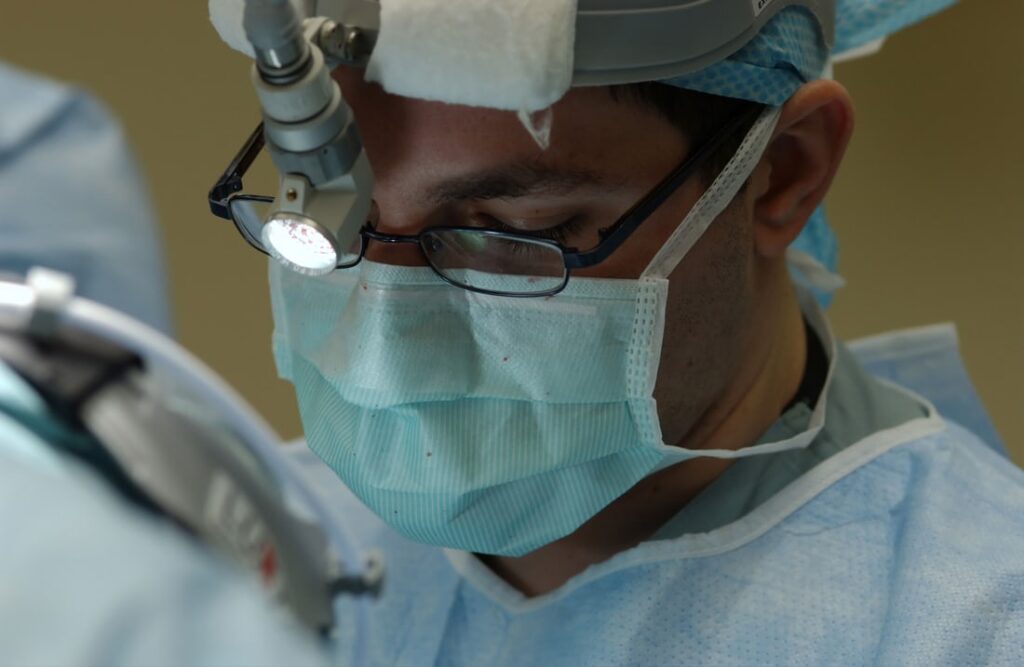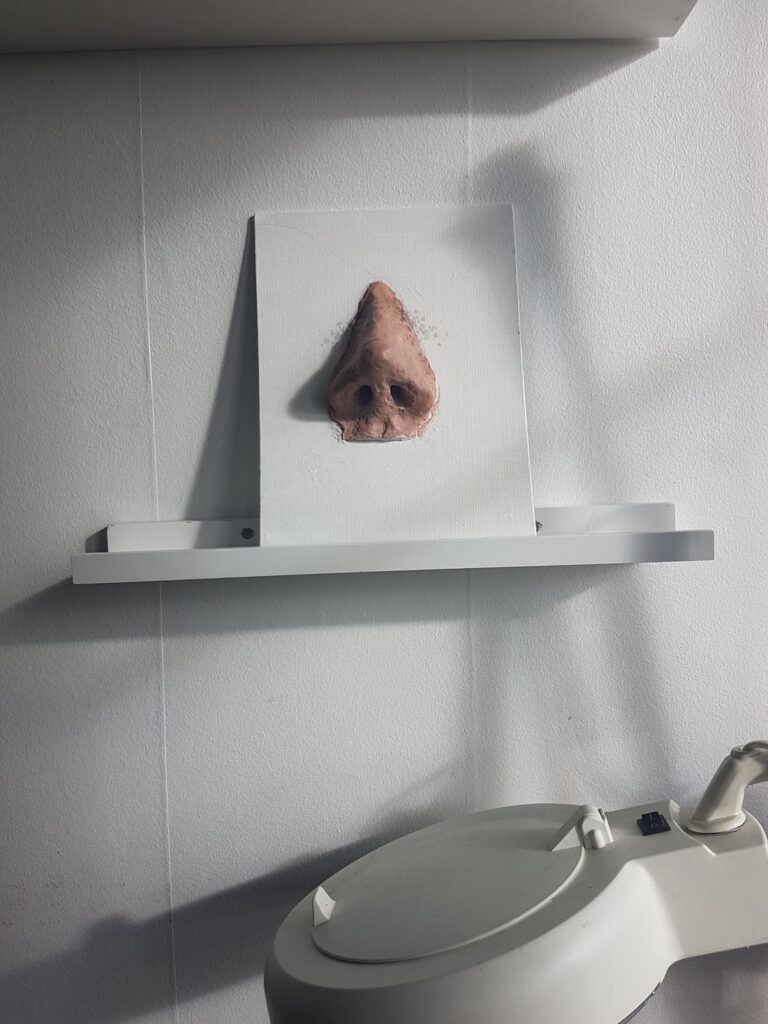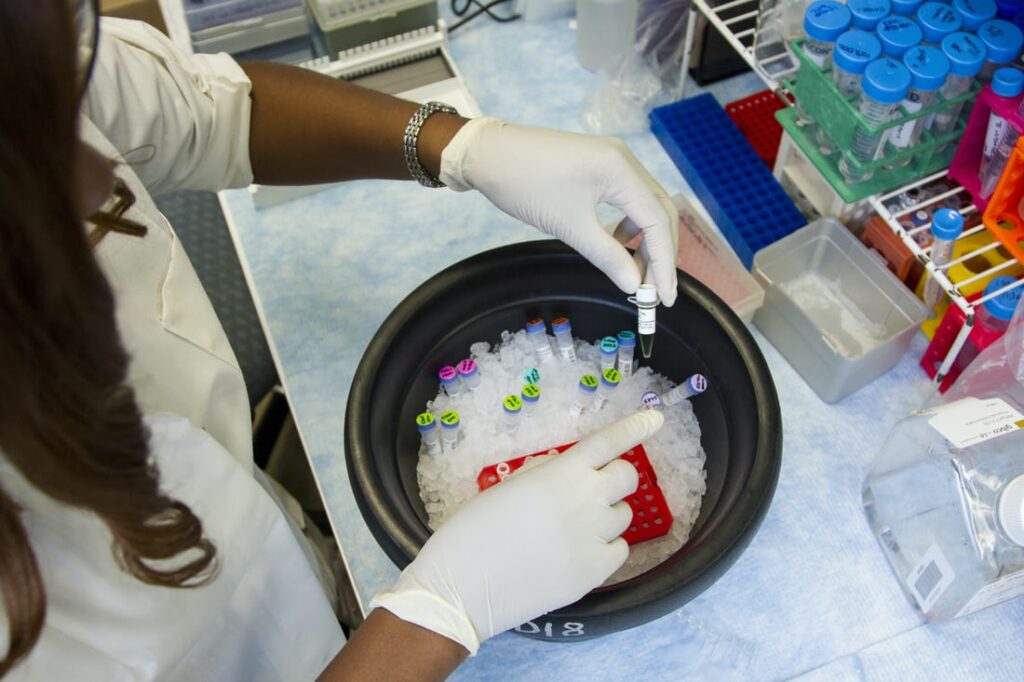
Two appendages on the side of your head which maybe elfin or which prick up when you are eavesdropping on something which is none of your business, which actually help the nose poke itself into other people`s business, the first sense organs to develop and which are way better developed in man`s best friend rather than man himself. The ears of course!
Lending a patient ear to a patient (pun intended) is one of my prime jobs and I fancy myself to be rather good at it, a fact hotly contested by my spouse and offspring, who tend to think that I fly off the handle after turning a deaf ear to them. Without delving into the depths of the subject, suffice to clarify that most of the times I have half an ear out for trouble at all times of the day AND night, more so when the offspring was younger.
The ear is a unique organ because like most women worth their salt, it is a multitasker too. While most commonly associated with hearing, it also houses the organ of balance thus helping us hear sweet bird-song while twirling effortlessly to catch sight of said bird. It is often beautified by piercing its external part in various places for the artful addition of jewelry in various shades of the rainbow. Of course, the piercing can go horribly wrong and you end up with a not-so -nice appendage glued to the side of your head, the dreaded cauliflower ear.
All kinds of things find their way into the ears. With the strange S- bend the ear canal makes, it often becomes the receptacle for small pebbles, grains, insects and the like. In a misguided attempt to soften the wax which accumulates within, people put in all kinds of softeners like warm oil laced with garlic for good luck, soap solutions and all kinds of drops so freely available in the market. Of course, most of these do more harm than good, but people tend to believe everyone other than the doctor when it comes to all and any matters related to health. The same way in which they are more than ready to listen to their doctors when it comes to matters of filing tax returns and investments, rather than their accountants, but more on that later.
The phone shrilling in the dead of the night pierced my ears making me shoot bolt upright. It had been a long day, with my ears still ringing from the ceaseless prattle of the offspring who had just started school and could not wait to tell me all about it. The birth of the offspring had made me an even nervier sleeper than usual and my ears were always pricked up for the least sound of a tiny voice. I truly envied the spouse who could sleep soundly through an earthquake, shutting his ears to all sound, thus making sure that I woke up for his calls and mine.
It was the night supervisor from the hospital where I now worked. A patient had come to the casualty ward writhing in pain clutching his right ear. Now, ear ache can be extremely excruciating given the fact that the ear not only has a rich blood supply, but is also located inside the mastoid part of the temporal bone, which creates an unyielding surface precluding much space for swelling. It thus is one of the commonest conditions seen in emergency rooms, pulling many hapless ENT surgeons from their beds.
The dearth of residents in the hospital was acutely brought home to me as I fetched a sigh from the soles of my feet and tiptoed out of the front door ten minutes later, thinking dark thoughts which were reflected in the incessant rain and howling wind outside. I had honed my routine to perfection through years of long practice and could effortlessly negotiate the three kilometers of driving in a semi-somnolent state, which would have made the famous British veterinary surgeon and author James Herriot, point at me with pride.

The scene in the emergency room however was unlike anything Mr. Herriot had ever confronted, (since he tended to work in dim and dark surroundings in the olden -day barns of rural Britain), and woke me up like never before. A man in his mid-thirties, looking rather the worse for wear and drink was hopping form foot to foot, one hand clamped to his right ear. He occasionally tugged at the pinna as if in an attempt to pull it clean off and occasionally thrust his little finger into the ear canal in an attempt to rid himself of whatever it was that was bothering him. A couple of nurses huddled in the corner of the room and gave me a blow- by- blow account of the fact that he had upturned a couple of chairs in agony.
With Mr. Herriot again swimming to the surface in my thoughts (since he dealt with similarly rambunctious large animals in pain) I approached him warily, wondering whether I would be subjected to the same treatment as the chairs, with a couple of ward attendants behind me in case a quick restraint was necessary. I had adopted the most soothing of tones, rather like the one adopted when one approached a high -strung race horse, and the patient, like said horse having sensed that help was at hand had miraculously quietened down.
After a brief question and answer session, I was able to ascertain that the patient had been heading home after making merry in the local tavern (deshi daruche dukaan in local lingo). With the famous Mumbai monsoon having just put in an appearance, moths of all kinds had assailed him on this brief journey, flying closer and closer, until one of them had found the ultimate safe spot to nestle in, the patient`s ear!
I was baffled. A moth lodging in the ear though highly distressing and scary to the patient, should not cause the amount of pain the patient was experiencing. There was more to this than met the eye and my sharp nose could already smell something fishy. “Maazha kaaaannnn! (my eaarrrrrrrrrrrrrrr)”, howled the patient. “Yes, yes I know. Let me take a look”, I replied in what I hoped were kind soothing tones. Drawing my trusty otoscope out of my pocket, I peered into the depths only to see the brown speckled moth enjoying its siesta. The patient was probably being driven crazy by the low- grade humming coming from the moth`s rustling wings.
It was my nose which saved the day however. I sniffed in distaste at the strange smell emanating from the man`s ear and enquired whether he had been instilling anything in his ear as a sort of “home remedy” His answer almost made me lose my own balance and sit down on the floor. With a grimace of a smile, he pulled a grubby bottle from his pocket and brandished it at me…….there staring me full in the face as pretty as you please was a label “ OIL OF CLOVES”!!!!. “I use it for tooth ache and I am sure it will work on my ear”, he told me wisely.
My ears were buzzing now and my throat dry as I made short work of syringing the ear with lukewarm water, retrieved the long dead moth and instilled xylocaine drops. The patient made a surprisingly quick recovery and delivered a parting shot, “That oil probably wasn`t pure enough! Everything is diluted these days you see” and as usual, I couldn`t believe my ears!!!!!





